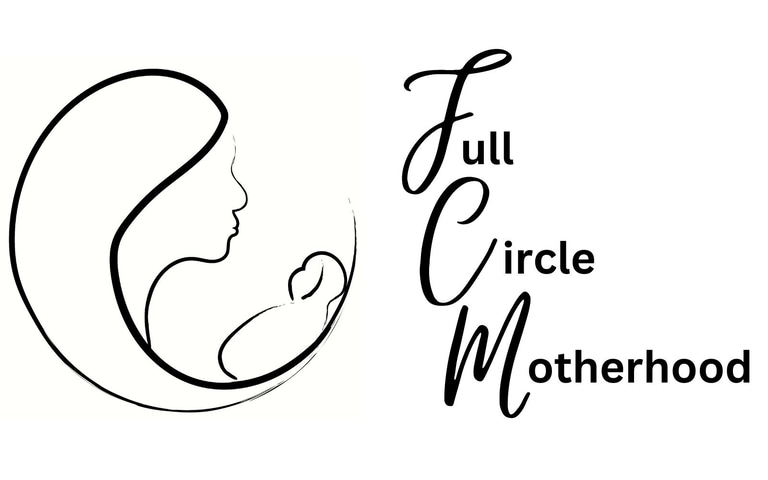Mothering Through Ramadan: Mercy That Lives On
Rana Lowenthal, PT, DPT, PCES


Ramadan is widely known as the month of mercy—a sacred time when God's compassion pours down in ways both seen and unseen. But for many mothers, especially those in the thick of raising little ones, Ramadan might not have felt like a deeply spiritual experience. You may not have prayed as much as you hoped. You may have missed fasts, lost your temper, or barely found a quiet moment to breathe. And yet—your worship was real.
Even if you didn’t see it that way at the time.
The beauty of divine mercy is that it doesn’t rely on how put-together we are. It’s not dependent on perfect routines or checklists. God's mercy often meets us right where we are—in the middle of messy kitchens, interrupted prayers, and the quiet exhaustion of giving everything you have to your children.
There is no greater act of worship than mothering.
In Arabic, the word rahm—the womb—is closely related to rahmah, meaning mercy. And it shares the root with Ar-Rahman, one of the names of God: The Most Merciful. That’s not a coincidence. The womb, and by extension, motherhood itself, is a reflection of divine mercy. When you showed up for your children this past Ramadan—in your tiredness, your patience, your care—you were embodying that mercy.
You may not have felt the holiness of what you were doing, but it was there.
God sees what often goes unseen. The acts of compassion, the self-sacrifice, the quiet love—all of it is worship. And even though Ramadan has ended, its rewards linger. The seeds you planted—every small mercy, every moment of restraint, every whispered prayer while holding a child—are still blooming in the unseen.
So if you’re looking back on this Ramadan with doubt or disappointment, let this be your reminder: you were worshiping all along. And mercy, like motherhood, doesn't begin or end with a single month.
